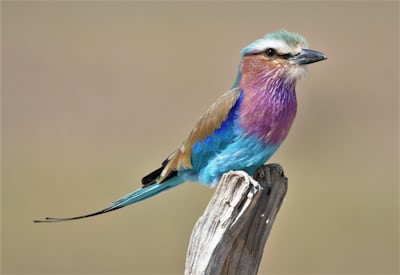Top Attractions
Zambia boasts a wealth of natural wonders and cultural highlights, making it a dream destination for nature lovers and adventurous travelers. The crown jewel is Victoria Falls, known locally as "Mosi-oa-Tunya" or "The Smoke That Thunders," one of the largest and most awe-inspiring waterfalls in the world, located on the border with Zimbabwe. The Zambezi River offers adrenaline-pumping whitewater rafting, river safaris, and sunset cruises. South Luangwa National Park is one of the finest wildlife sanctuaries in Africa, renowned for walking safaris and dense populations of elephants, lions, and leopards. Kafue National Park, one of the largest national parks in Africa, offers a more remote and untamed experience with a chance to see cheetahs, wild dogs, and over 400 bird species. For a cultural touch, the Kuomboka Festival of the Lozi people is a fascinating traditional event celebrated with royal barges and ceremonial attire.
Local Dishes
Transportation Tips
Traveling around Zambia can be both rewarding and challenging. In major cities like Lusaka and Livingstone, taxis are readily available but usually unmetered, so it's advisable to negotiate the fare before the ride. Public minibuses, known as "kombis," are an inexpensive way to travel between neighborhoods, but they can be crowded and erratic in their scheduling. For longer intercity travel, luxury coach services like Mazhandu and Shalom Bus offer comfortable and reliable routes. Car rentals are widely available and recommended if you plan to visit national parks, though a 4x4 is ideal for navigating rural roads. Domestic flights with carriers such as Proflight Zambia provide efficient travel between Lusaka, Mfuwe (near South Luangwa), and Livingstone.
Budget Travel Tips
Safety Info
Cultural Etiquette
Travel Style Fit

Best Time to Visit
Accommodation Recommendations
Budget travelers can find comfortable hostels and guesthouses in Livingstone such as Jollyboys Backpackers, which offers dorms, private rooms, a pool, and a lively social atmosphere ideal for solo travelers and groups alike. For mid-range comfort with a local flair, the Maramba River Lodge provides charming chalets and tented accommodation along the riverbank just outside of town. Those seeking a luxury experience can stay at Tongabezi Lodge, a romantic riverside retreat upstream from Victoria Falls offering exceptional service, gourmet dining, and stunning views.
